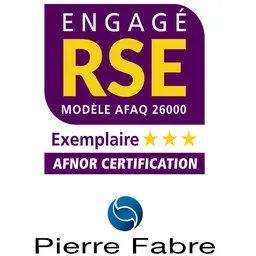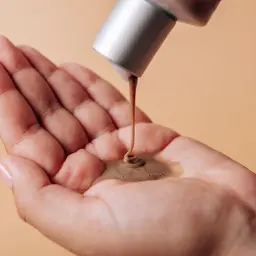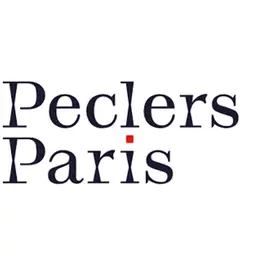
Sensory cosmetics have been praised regularly and for a long time, and among the effects highlighted, several have been cited such as warmth, softness, soft touch, hearing, vision, etc. The cold has never been outdone: the use of certain substances to generate so-called cooling effects is ample proof of this. But apparently, things are happening, and in the great concert of global warming, cold is back in force in aesthetic practices through different concepts, which will probably allow to revisit the applications of cold.
First of all, cold is vasoconstrictor, that is, it causes tissues and vessels to contract, which is useful for reducing the aggressive effects of environmental stress. This property has been used for a long time thanks to the use of devices based on the Peltier effect, which makes it possible to generate cold with electrical appliances. Objects working on the Peltier effect have been on the market for many years. It can also be generated using cold objects, such as artificial ice cubes or the like. More recently, ways have emerged to do what is called"local cryotherapy", such as ice cubes to put in the refrigerator before use, but which only provide the icicle effect otherwise known. The benefits described are fairly regularly an improvement in skin color by lightening and reducing diffuse redness, a tightening of tissue and a toning effect. Uses such as the decongestant effect for the eye area are well known. On the contrary, this cryo effect on the skin can be problematic in case of direct or prolonged contact of these devices.
Cold also facilitates the production of chaperone proteins, such as HSP (Heat Shock Protein). They are molecules that improve protection and especially tissue …













